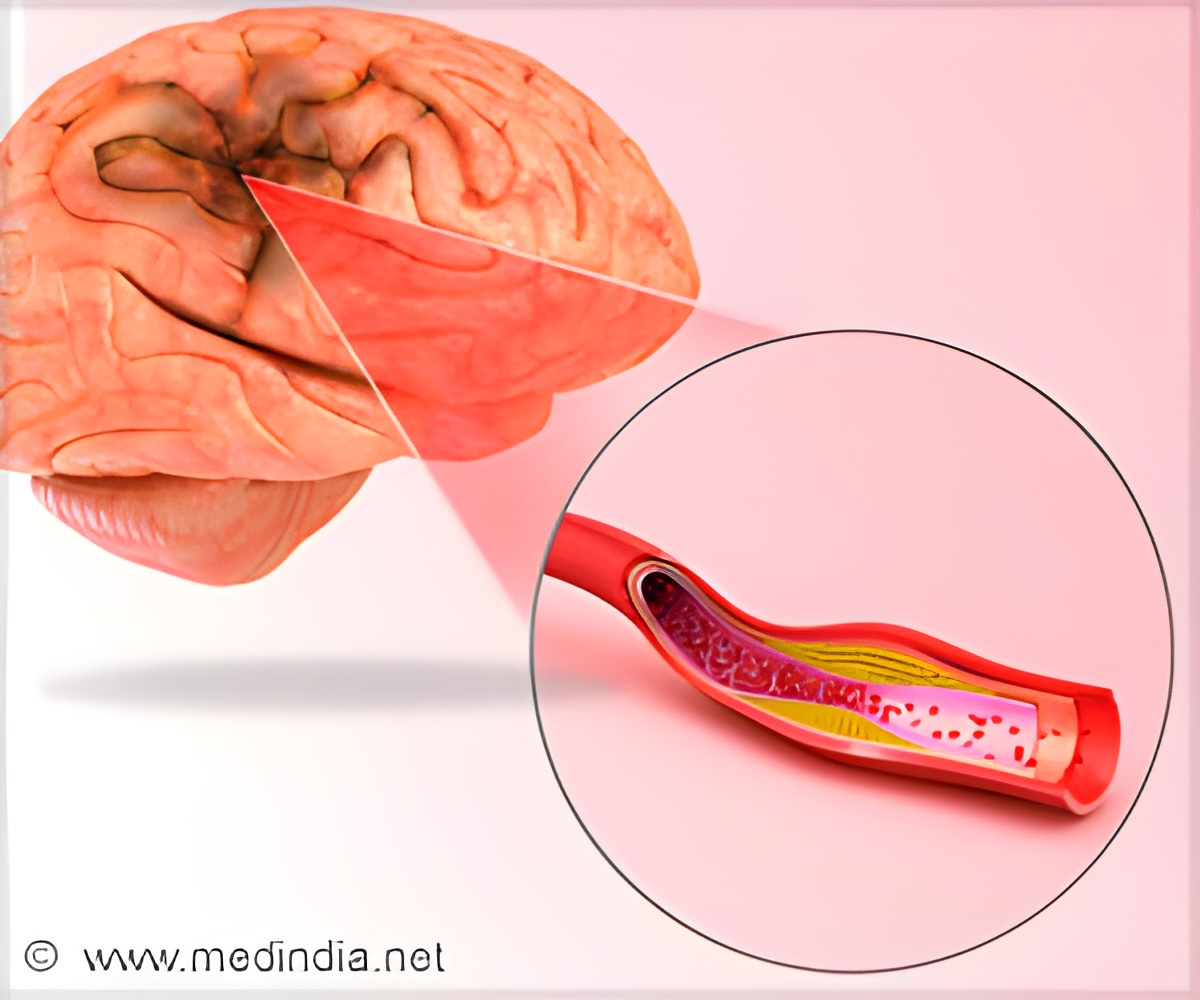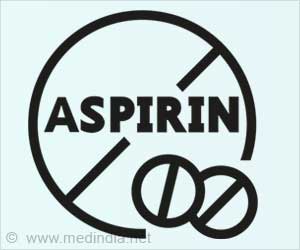Post-stroke, the increased risk of death is found to be associated with low blood pressure according to a study.

‘Post-stroke, the increased risk of death is found to be associated with low blood pressure according to a study.
’





“Lower average blood pressure, measured in the outpatient setting, was associated with increased risk of death after a stroke event. In addition, this higher risk of death appeared to happen particularly in patients who were smokers or had a diagnosis of cardiac disease, cancer or dementia,” says corresponding author Hugo J. Aparicio, MD, MPH, assistant professor of neurology at Boston University School of Medicine and an investigator at the Framingham Heart Study. The study identified nearly 30,000 Veteran patients with a first ischemic stroke who had outpatient blood pressure measurements within the previous 18 months prior to the stroke.
Stroke and Mortality
The group was further divided by blood pressure categories and was followed over time for the outcomes. At the same time, the anticipated hypothesis was that both very high and very low blood pressure values contribute to higher mortality risk.
It was found that persons with lower blood pressure had the highest mortality, especially among those with at least one comorbidity of smoking, cardiovascular disease, cancer, or dementia.
Advertisement
Source-Medindia















